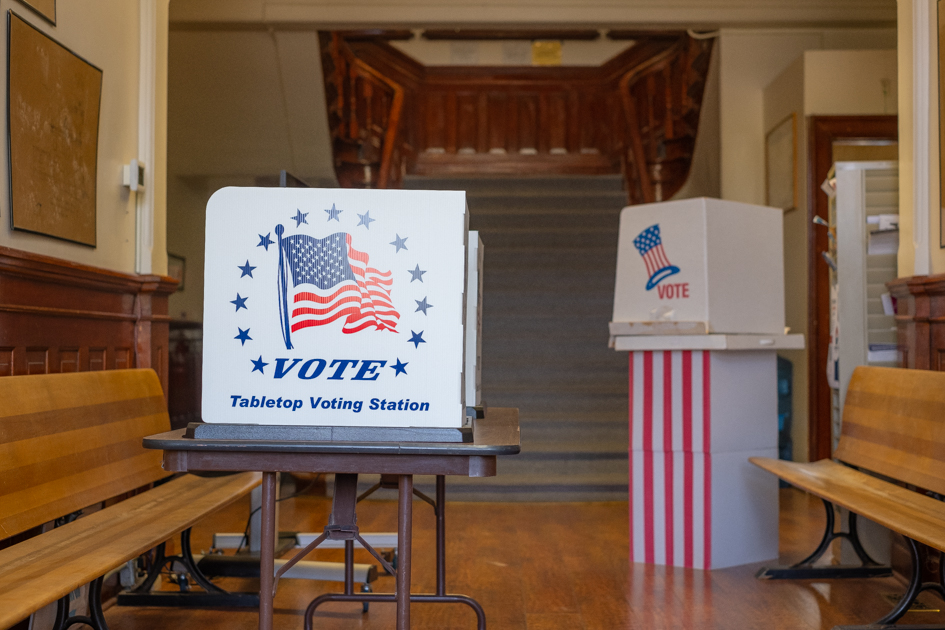Oregon’s higher ed commission seeks huge increase in student financial aid
Published 4:00 pm Monday, August 15, 2022
SALEM — Oregon’s Higher Education Coordinating Commission unanimously approved a budget request Thursday, Aug. 11, that includes a fourfold increase in funding for financial aid grants for Oregon students.
The request for higher education funding in 2023-25 includes a nearly $780 million increase to the Oregon Opportunity Grant and Oregon Promise, the state’s premier financial aid awards. The budget also recommends continued funding for the Oregon Tribal Student Grant, which covers not only tuition but also housing and other college costs for enrolled members of Oregon tribes.
“It is a big investment, but it’s an investment we need. It’s an investment students have been advocating for for years,” said Maggie Gates, legislative director for the Oregon Student Association. “It’s just really exciting to see this sort of bold vision finally coming about.”
In total, the Higher Education Coordinating Commission is asking for an almost $2 billion increase in funding, up to $5.3 billion. The request also includes a proposed 10% increase in funds for public universities and a nearly 30% increase for community colleges, though part of that increase is one-time money.
The proposed budget is preliminary. The request goes next to the governor’s office, and after that is subject to votes by the 2023 Legislature. Commission staffers don’t assume ultimate funding levels will match their requests.
“We do not expect to get everything we’re asking for,” Ramona Rodamaker, the commission’s deputy executive director, said. “In many ways what we’re laying out here is a menu of things we would like (state legislators) to invest in and support.”
The Oregon Tribal Student Grant was funded for the first time this year, as an effort to help address longstanding inequities that indigenous students face in higher education. The Legislature funded it for only one year, but the commission’s proposed budget would make that funding ongoing. The commission expected up to 700 tribal members to take advantage of the grant in its first year, but commission staffers said Thursday that only around 400 people have submitted complete applications so far.
Sandy Rowe, vice-chair of the commission and a former editor of The Oregonian, called funding the tribal student grant the commission’s top priority, followed by the other financial aid expansions.
“It really speaks emotionally to me, as well as I know it does to some of you, the fact that we’re willing to say: These are our priorities. This is where we’re putting our big push,” Rowe said.
The commission is asking for a more than eightfold increase in funding for the Oregon Opportunity Grant, the state’s largest need-based aid award for low-income students. Commissioners want to see an increase from $200 million in 2021-23 to $945 million in 2023-25. If the request were to be fully funded, higher education commission Executive Director Ben Cannon said the state could increase the grant awards and also expand the pool of applicants who qualify for the award beyond the current income limits.
Commissioners also voted to ask for $41 million more for the Oregon Promise grant, which pays community college tuition for Oregon high school graduates and GED earners who meet GPA requirements and enroll in a community college shortly after high school. The commission hopes to remove the GPA requirement for that grant and expand eligibility to public universities as well as community colleges.
Oregon currently lags behind the national average state student aid award of $921 per full-time student. The state only gave $574 in financial aid per full-time student in 2021, according to a new national report. Cannon said that fully funding the budget would help Oregon become one of the top financial aid states in the country, approaching the funding levels of neighboring Washington which spent $1,900 per-student in 2021.
Oregon’s community colleges asked the higher education commission for a 44% spending bump this year to help cover the cost of inflation, loss of federal pandemic aid and budget shortages caused by a steep downturn in enrollment during the pandemic.
The commission gave them a compromise. The proposed budget includes a 20% increase in ongoing funding to $855 million and a one-time increase of $50 million to help colleges transition away from those federal funds, instead of having to make steep cuts at once.
Public universities are proposed to get a more modest bump. The budget request includes a 10.3% increase in public university spending to $992 million.
Tim Cook, president of Clackamas Community College said in an email after the meeting that he appreciates the requested one-time funding in recognition of the “need to adapt to changing enrollment trends and employer needs.” He also praised the $100 million the commission wants to set aside for equity initiatives and $4 million to increase child care for student parents.
“The basic needs of our students have increased dramatically during the pandemic and these resources are much needed,” Cook said.
Nick Keough, a University of Oregon student, told commissioners on Thursday of the struggle to finance education at both community college and after transferring to a public university. Keough experienced food insecurity and housing insecurity as a student at Lane Community College, even while serving and working side-jobs to pay for school. Things got even harder when Keough transferred to the University of Oregon. Keough started to face the possibility of not finishing school because of the cost, until becoming eligible for the full Oregon Opportunity Grant and Federal Pell Grant. Things have gotten easier since, Keough said, but the grants still don’t cover the full cost of attendance.
Keough was feeling somewhat optimistic after Thursday’s hearing.
“I feel hopeful, especially for the investments in the Oregon Opportunity Grant. I think that’s going to be a really transformative investment,” Keough said after the vote. “As they take it to the Legislature I hope we can keep that number as high as it is.”






